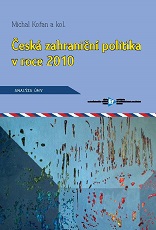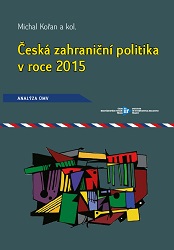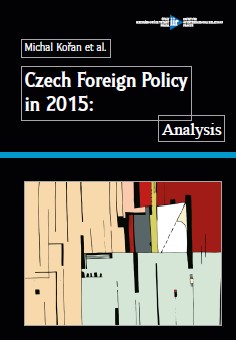
Média a politika: Zahraniční zpravodajství českých médií v roce 2009
Tato kapitola analyzuje obraz české zahraniční politiky v českých médiích. Identi¬fikujeme hlavní charakteristiky zahraničního zpravodajství, především tematickou strukturu agendy, přítomné aktéry a prioritní destinace. Analýza je tvořena dvěma částmi, přičemž sledujeme odlišné aspekty a používáme různé analytické nástroje. První část představuje kvantitativní obsahovou analýzu hlavních zpravodajských relací tří českých celoplošných televizních stanic. Použili jsme stejnou metodiku i analyzovaný vzorek jako v loňském roce. To nám umožňuje rozšířit výzkum o srovnání s výsledky analýzy z roku 2008. Druhá část doplňuje studii o kvalitativní šetření vybraných událostí. Zde se soustředíme na charakteristiky mediálních textů venovaných třem zásadním událostem v roce 2009, a to: 1) pádu vlády na konci března; 2) zářijovému rozhodnutí o zrušení plánované výstavby radarové základny v České republice; 3) podpisu Lisabonské smlouvy v listopadu.
More...

